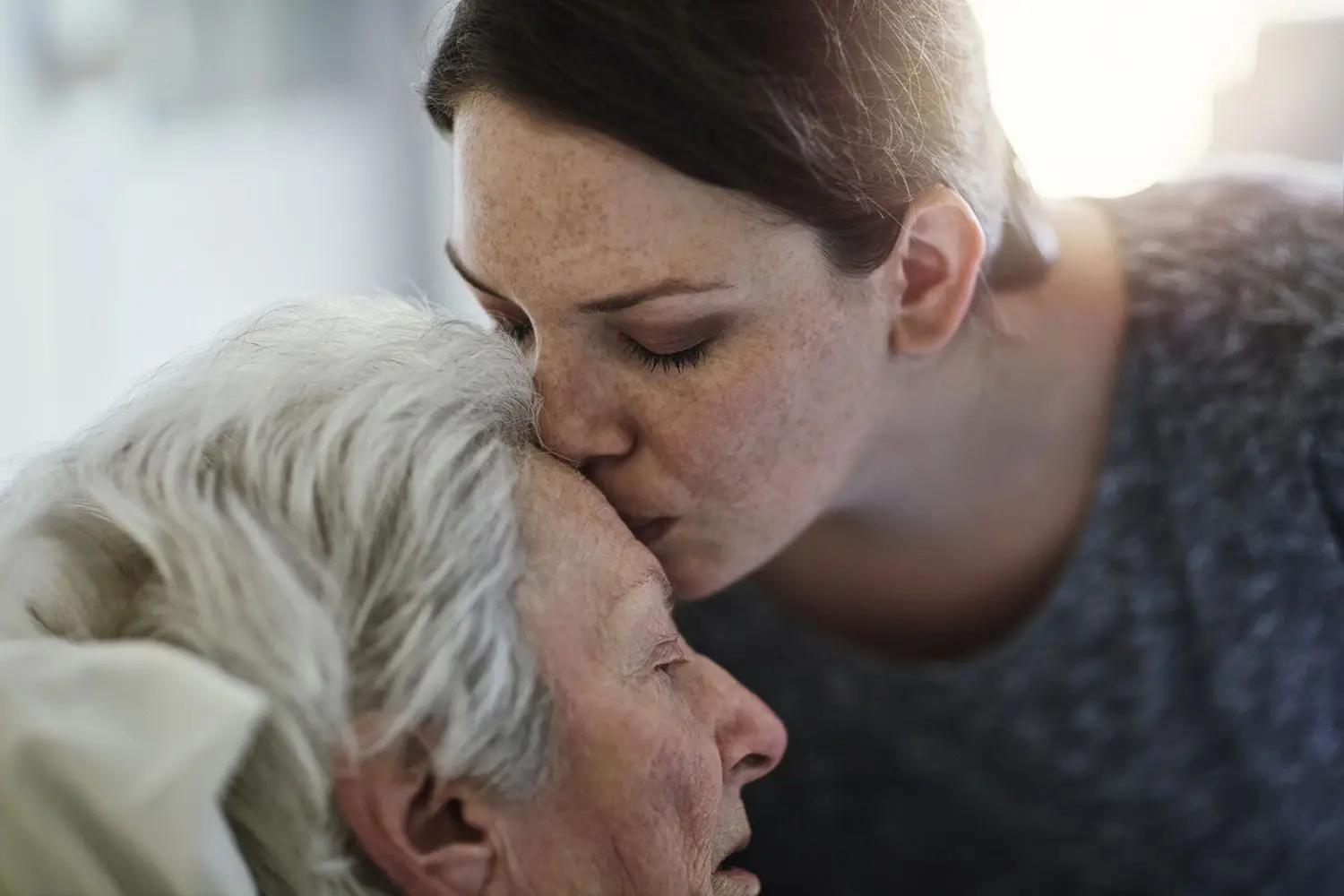Caring for a chronically ill family member can be taxing; not only physically, but emotionally. No matter how much you love the person you are caring for, you still may find yourself feeling exhausted, stressed, or alone.
You may not sleep well any more, or find yourself snapping at people over the most insignificant things. You may get sick more easily, or find concentration difficult, or feel depressed. You may suddenly switch from calm to sadness to anger.
There are things you can do to lessen the strain on yourself and feel more equipped to face the world. These include:
- Recruiting additional help
- Setting aside time for yourself
- Taking care of your own physical needs
- Joining a support group
Find Additional Help
Kind friends and other family members may ask what they can do to help. When this happens, have a list ready.
It may feel like you have to do it all yourself, but there are many tasks that can be easily delegated, such as:
- Yardwork
- House cleaning and chores (such as laundry, sweeping and mopping floors, dusting, etc.)
- Driving family members to appointments or obligations
- Cooking
Having someone else pick up kids or drive your chronically ill family member to appointments can give you some much-needed alone time to unwind in.
Even having a few extra casseroles and pans of lasagna or enchiladas in the freezer can give you more time to help your ailing loved one, or to take for yourself. While it may sometimes seem that the long-lived tradition of making prepared meals for a sick family or pregnant mother is on its way out, this is one time-honored institution that should not be underestimated.
Set Aside Time for Yourself
It may seem that your loved one needs care 24/7, but if you enlist the help of other family members, you can find slots of unoccupied time to relax in.
What do you love to do? Make a list. Then find time for it.
Take yoga classes, if that’s your thing. Paint, read, draw, listen to music. Relax and recharge. All the responsibilities crowding in on you will feel much more manageable once you’ve rested and taken time for yourself.
Here’s a list of ideas to get you started:
- Spend time with friends
- Close your eyes and listen to music
- Play with kids or pets
- Dig in to a garden
- Resume a neglected hobby
- Meditate or do yoga
Attend to Your Own Physical Needs
Sometimes, when things get busy, we prioritize our responsibilities over our needs. Completing school and work assignments begins to take precedence over rest. We fall back on snacks to take the place of meals.
The same is true of caregiving.
However, for all of us, prioritizing our responsibilities over our needs puts us on a fast track to exhaustion and burnout.
To combat exhaustion on a physical level:
- Try to eat healthy foods whenever possible
- Try for 7-9 hours of sleep a night
- Exercise. A good option is a daily walk, which is simple and has the added benefit of getting you out of the house.
- Make sure to take your own prescriptions
- Go to the doctor sooner rather than later when you’re sick
Join a Support Group
By joining a support group, not only will you be able to talk to people going through the same things as you, but you may also be able to share strategies for caregiving as well as self-care. Try to find a support group led by a medical professional.
Joining a support group increases your own network of support.
You can feel more in control of your life and less alone. With time and help, your mental and physical health can improve.
For more information, read the Mayo Clinic’s article on caregiver self-care or Cleveland Clinic’s article on recognizing the signs of caregiver burnout. The Alzheimer’s Association also has a very good article on the symptoms of caregiver stress.
Katherine Hartner is Encounter Telehealth’s Social Media and Marketing Intern. She is studying journalism, with a concentration in PR and advertising, at UNO. She has written multiple articles for the Gateway, UNO’s student-run newspaper, and is active with MavRadio, UNO’s college radio station. In her free time, she enjoys writing fiction, gardening, and volunteering.


